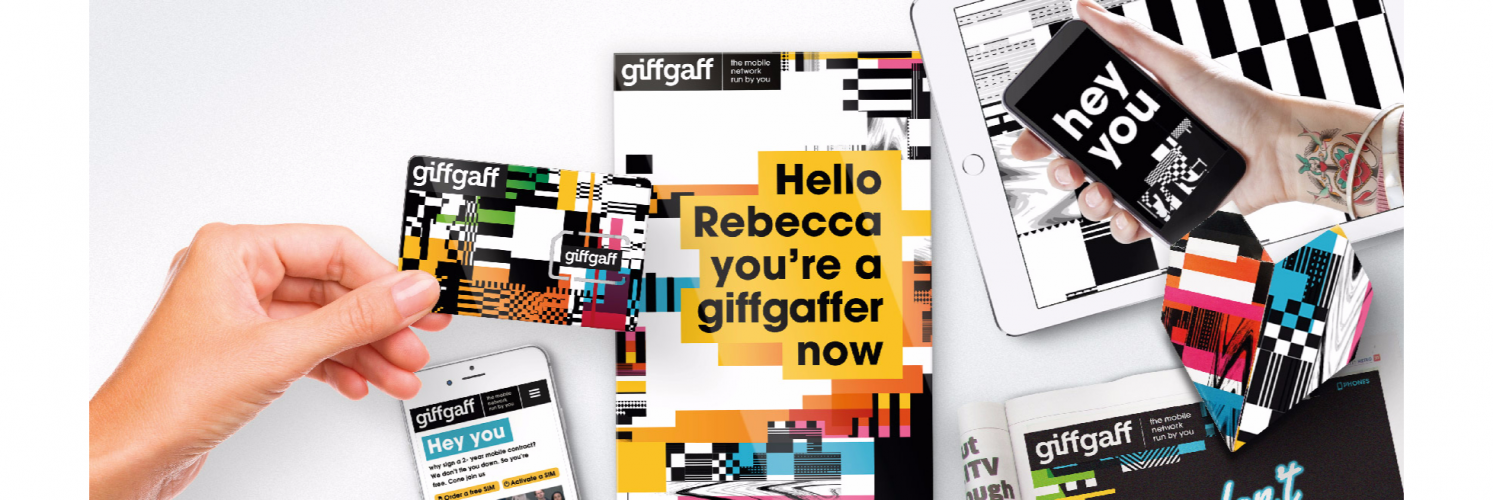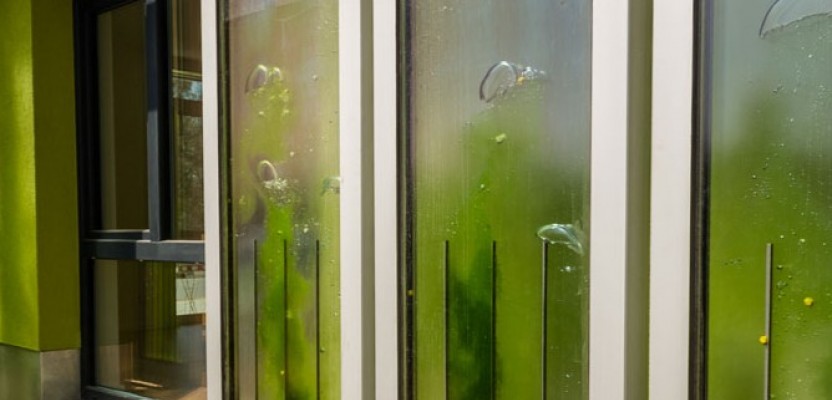At this time of year we start to think about what lies ahead for 2018 – what’s new, what’s cutting edge. We talk about change now being the norm with the digital revolution making us feel like everything is continually on the move. We could do with some cheery news with the world economies stagnating as the dotcom boom fades into memory. As populism, radicalism and the environment dominate the news we wait for the next big thing to boost our wallets, our morale and to save the planet.
Consumer goods brands are at the centre of this malaise as retailers squeeze their margins and they are seen as one of the worst polluters of our planet. They are responding; Unilever’s Paul Polman’s Sustainable Living Plan is to be applauded, but is it radical enough? At Echo, all of our design briefs have a sustainability aspect: from light-weighting packs to product concentration. By now most of the obvious changes have been made, but we are not getting anywhere near close enough to the required sustainability targets. The big consumer businesses are starting to develop more premium brands to increase margins, but they are still a small proportion. They are also dabbling with direct to consumer offers to cut out the retailer and provide more valuable services. However, a fundamental shift is needed.
We need to rethink the whole supply chain if we are to remove waste and reduce energy consumption, whilst providing more valuable personalised services and products to consumers.
A new approach is needed, but changing mass production systems that have existed for a century or more feels daunting to some and darn right risky to others. However the ex Kodak executives will tell you in hindsight that the alternative is far more risky. Whether it is big corporate consumer business, the small start-ups they are so keen to gobble up, or more likely something completely left field and Amazon like, someone will make the change and it will happen faster than you could ever imagine in our connected world. It has to - for capitalism and the planet to make it healthily into the next century.
Coined by the World Economic Forum this is where the 4th Industrial Revolution comes in – as a convergence of physical, digital and biological technologies it has the potential to radically change the world including consumer good businesses. Imagine a world where you make everything you need in you own home from food to cleaning products. No need for packaging, no need for factories, no need for bulk transport of goods. It sounds like something from an episode of StarTrek but biologists at Unilever tell us fermenting detergents at home is certainly feasible, people like Memphis are growing cultured meatballs in the lab and the BIQ building in Hamburg farms microalgae in its walls to generate fuel and biomass material so the house can exist off the grid. It is only a matter of time before these innovations come together, and with digital integration this will happen faster than ever before. It may sound far-fetched but I predict we will see things really kick off in 2018.
Let’s say this happens and we are growing and fermenting all we need at home- what’s the role of consumer brands if they aren’t needed to provide us with product anymore? However is not their manufacturing and supply chains that are important, but the knowledge and expertise the have in washing cloths, moisturising skin, cleaning teeth… The value of this knowledge is magnified when brands untether from mass distribution, which tends to dumb down clever solutions in the pursuit of mass appeal. Utilising digital capability brands can custom design solutions for individual consumers adding real value. For example, the new brand, Habit with backing from Campbell Soup take data from a personal blood sample to design customised diets for the individual - a far cry from tins of soup, but still a food service that now enhances wellbeing.
Devices like Fitbits provide lots of data brands could put to good use for us, and consumers are willing to share if they get something in return. Businesses like Facebook and Google have shown how technology helps them treat all of their customers as individuals – it’s time consumer good businesses did the same. The revolution has already started and will only accelerate in 2018 and beyond as more connections are made between the physical, digital and biological spheres. At Echo we are really excited to be at centre of this brave new world. As designers we naturally bring the needs of different people together and create shared visions. We are keen to discuss the potential of The 4th Industrial Revolution with enthusiasts and detractors alike and see what can be made of it. To that end we will be running a series of webinars this year to spark new conversations and new ventures. So architects, scientists, environmentalists, nutritionists and all the rest of you please do get in touch – we would love to talk to you and hear your point of view.



